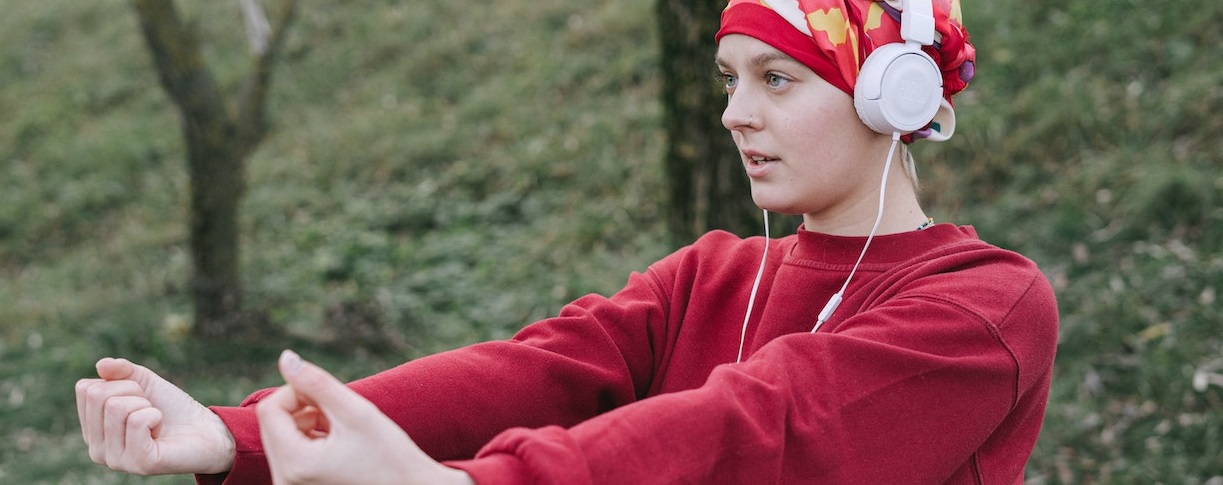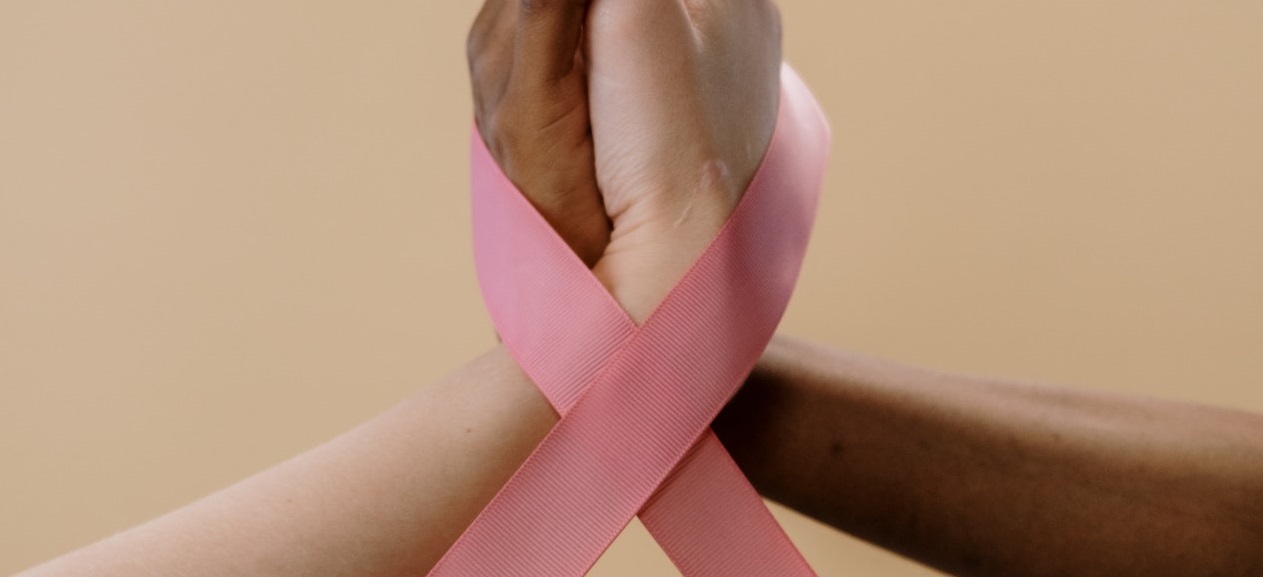Fear of Recurrence: How Breast Cancer Survivors Really Feel

Photo by Ivan Samkov under Pexels License
Fear of Recurrence: How Breast Cancer Survivors Really Feel
Right after their breast cancer treatment, it’s not uncommon for survivors to fear that the disease might come back. While treatment may have successfully removed the cancerous tissue, many patients still find themselves suffering not from the symptoms of the disease but from the nagging anxiety that their cancer might return anytime soon.
Thoughts like this may cause great distress to some survivors, oftentimes interfering with their day-to-day activities. Kathleen Ashton, Ph.D., a psychologist at Cleveland Clinic’s Breast Center, found that the fear in 20-50% of these survivors is “clinically significant and profoundly affects their lives.” Women with a history of depression or anxiety are at greater risk of developing these fears.
Persistent Anxiety
Unfortunately, for women who develop the fear of cancer recurrence, the problem may not disappear even with the passage of time. In fact, it’s most likely to persist and become even worse after some time. The fear usually begins once survivors no longer have regular contact with their cancer care team, which happens after treatment.
Dr. Ashton explains that there are cases in which patients develop these fears the day they’re diagnosed. However, fear of recurrence normally occurs when the patient realizes that they’ll eventually be on their own once their treatment ends.
With the end of their treatment, some of the survivors may begin to harbor irrational worries. They begin to ask themselves questions like, “Will it come back? Will it get worse than before? What are the odds of me dying?”
Feelings of Paranoia and Loneliness
Despite being surrounded by family members, friends, and other support systems, many cancer survivors still experience intense feelings of grief and loneliness. These individuals often find themselves wondering why they still feel unhappy despite having officially been declared as cancer-free. Instead of focusing on their recovery and maintaining a healthy lifestyle, they allow their fears to take over and consume them.
The fears that fill their mind include treatment discomfort, pain, and death. It’s also not uncommon for survivors bothered by the fear of recurrence to think about how their condition has affected their loved ones. That is why there are patients who tend to isolate themselves from the significant people in their lives, seeing themselves as a burden to them.
There are even instances when patients would rush to the hospital right after feeling pain, headache, or other similar symptoms similar to those of cancer.
What Providers Can Do to Help
Dr. Ashton suggests that as early as possible, healthcare providers should discuss the issue of recurrence with patients. Important questions to ask them include the following:
- Are you worried that your cancer might come back?
- Are you worried about it progressing?
- Are your worries distracting you from your daily routine? Do you have a hard time falling asleep because of such thoughts?
To help patients conquer their fears, healthcare providers need to follow these steps:
- Provide the actual rates of recurrence based on the patient’s condition.
- Make a survivorship follow-up plan with a timetable for monitoring and follow-up consultations.
- Explain to the patient what has been done to treat their cancer and reduce its risk of coming back.
It’s crucial to tell the patient how the combination of surgery, chemotherapy, and radiation can reduce the risk of breast cancer. Any aromatase inhibitor or selective estrogen receptor modulator (SERM) that they will be prescribed to take will also contribute greatly to their treatment. Of course, healthcare providers should remind patients to keep a healthy lifestyle from now on.
If a patient is still skeptical about the evidence-based facts, that’s the time intervention is required. Dr. Ashton recommends that healthcare providers should now refer the patient to a mental health professional who specializes in helping cancer survivors.
Breast Cancer Patients Need Your Help
Are you thinking of getting rid of an old automobile that you don’t use anymore? Instead of reselling it, how about donating it to Breast Cancer Car Donations? That way, you not only get to dispose of it for free and with no hassle whatsoever, but you also get the opportunity to save the lives of needy cancer-afflicted individuals in your community.
We’ll auction off your donated vehicle and use the proceeds to help fund the comprehensive breast health programs of our charity partners. These IRS-certified 501(c)3 nonprofit organizations provide their beneficiaries with services that focus on breast cancer prevention, screening, diagnosis, and treatment.
You will also personally benefit from your vehicle donation since this will entitle you to claim a top tax deduction in the next tax season. You will also get to dispose of your unwanted clunker quickly and enjoy our free towing services as well.
For more information on our car donation program, check out our FAQs page. For inquiries, you may call us at 866-540-5069 or send us a message online.
You can donate to Breast Cancer Car Donations by filling out our secure online donation form. We accept donations of nearly all types of vehicles wherever you are in the United States since we have car donation programs in all 50 states.

Photo by cottonbro studio under Pexels License
Help Save Precious Lives
Think of the precious lives you can help save by giving away a vehicle that you no longer need anyway. Call Breast Cancer Car Donations at 866-540-5069, and get started with your car donation.
Last Updated: March 10th, 2023
